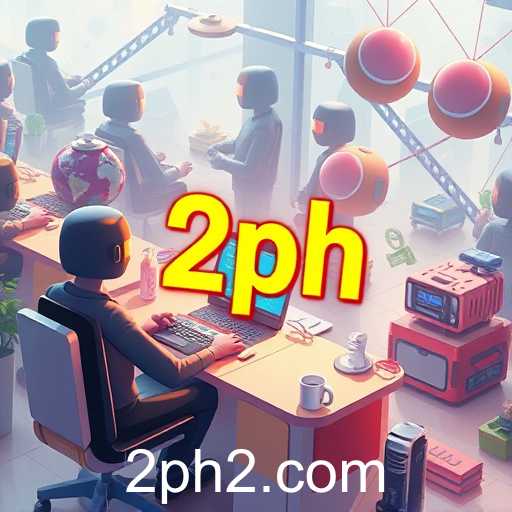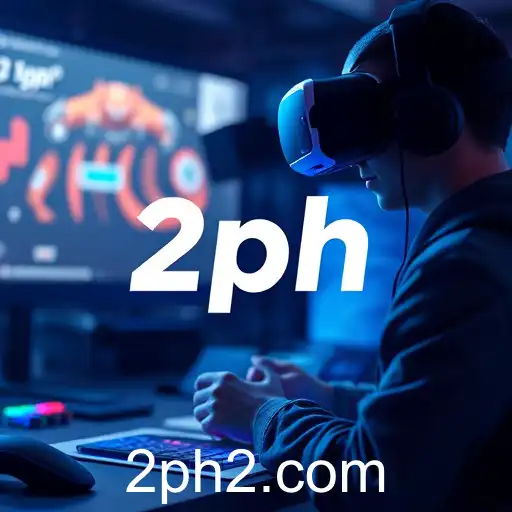
The Rise of Microcredentials in Higher Education

In recent years, the landscape of higher education has undergone a significant transformation, influenced by evolving industry needs, technological advancements, and shifting learner expectations. A prominent development in this regard is the rise of microcredentials. These are short, focused credentials that provide specific skills and knowledge, often in areas directly relevant to contemporary workforce demands.
Traditional degree programs have been the cornerstone of higher education for decades, but they are increasingly perceived as lengthy and not always aligned with the rapid changes in industry requirements. In contrast, microcredentials offer a flexible, targeted pathway for learners to acquire new skills without the time and financial investment typically required by conventional degrees.
This trend is being driven by the demand for a more skilled workforce, particularly in sectors like technology, healthcare, and finance. Employers today often seek candidates who possess specific, up-to-date skills rather than general academic qualifications. Microcredentials cater to this need by allowing individuals to quickly upskill or reskill, thus enhancing their employability.
Furthermore, the integration of technology into education has facilitated the rise of online learning platforms that offer microcredential courses. Companies like Coursera, edX, and LinkedIn Learning partner with universities and industry leaders to provide curricula that are relevant and tailored to the job market's current demands. During the COVID-19 pandemic, the transition to online education accelerated this trend, with more institutions and learners embracing the flexibility and accessibility offered by online microcredential courses.
Critics of microcredentials argue that these offerings may lack the depth and rigor of traditional degree programs, potentially leaving learners with gaps in comprehensive knowledge. However, proponents believe that the ability to stack microcredentials into broader qualifications can overcome these limitations, providing a more modular and adaptable learning approach.
Governments and educational institutions worldwide are taking note of this shift. There is a growing emphasis on developing frameworks for recognizing microcredentials, ensuring they maintain a standard that is both industry-relevant and academically robust. This regulatory evolution is crucial for establishing trust and value in microcredentials among employers and learners alike.
In conclusion, microcredentials represent a significant innovation in the education sector, aligning educational outcomes with the dynamic needs of the workforce. As the future of work continues to evolve, microcredentials may well become an integral part of lifelong learning strategies, allowing individuals to continuously adapt and thrive in an ever-changing job landscape.
The Surge of Renewable Energy and Economic Transformations
As the world continues to embrace renewable energy, significant economic transformations are underway, bolstered by evolving global policies and green initiatives.
The Role of 2PH in Shaping Future Technologies
Exploring the impact of 2PH on emerging technologies and its potential to revolutionize the tech landscape.
The Rise of Interactive Gaming in 2025
Exploring the dynamics of interactive gaming, player engagement, and technological advancements in the online gaming industry in 2025.
 Skip to content
Skip to content





